- BlackVoter.Org
- Posts
- BlackVoter.Org
BlackVoter.Org
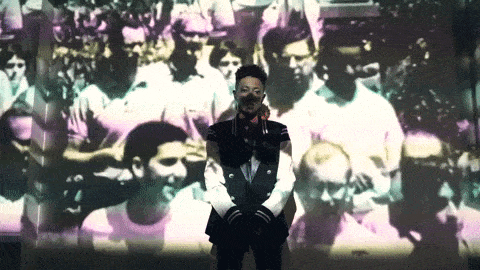
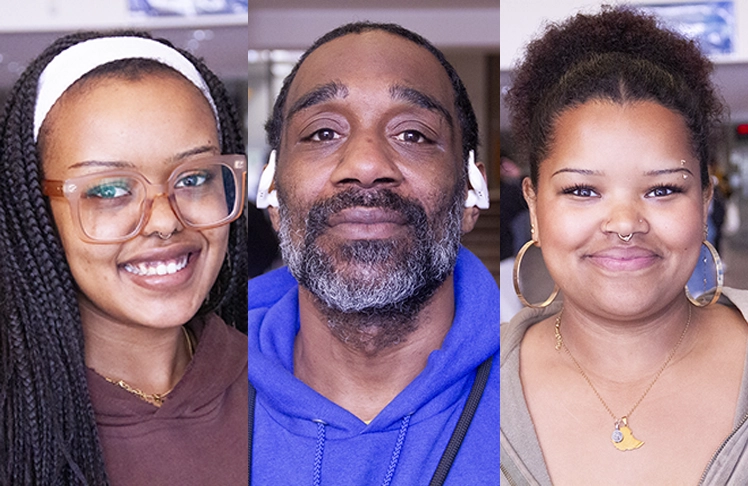
The article explores diverse perspectives on the current political atmosphere surrounding Trump, showcasing the anxieties and frustrations of various individuals. Many express feeling overwhelmed and fearful, particularly those from immigrant backgrounds who feel the policies impact their futures directly.
Some commenters note a troubling division within communities, attributing this to Trump's rhetoric and policies, emphasizing the need for local political engagement over national spectacle. Others highlight the necessity for critical thinking and education to navigate the chaotic political landscape.
Ultimately, the collective voice reflects a call for unity and informed advocacy, stressing that despite fears, real change starts at the community level. This vibrant tapestry of opinions underscores the complex interplay of fear, hope, and a desire for empowerment in today’s political discourse, resonating with the broad concerns of society.
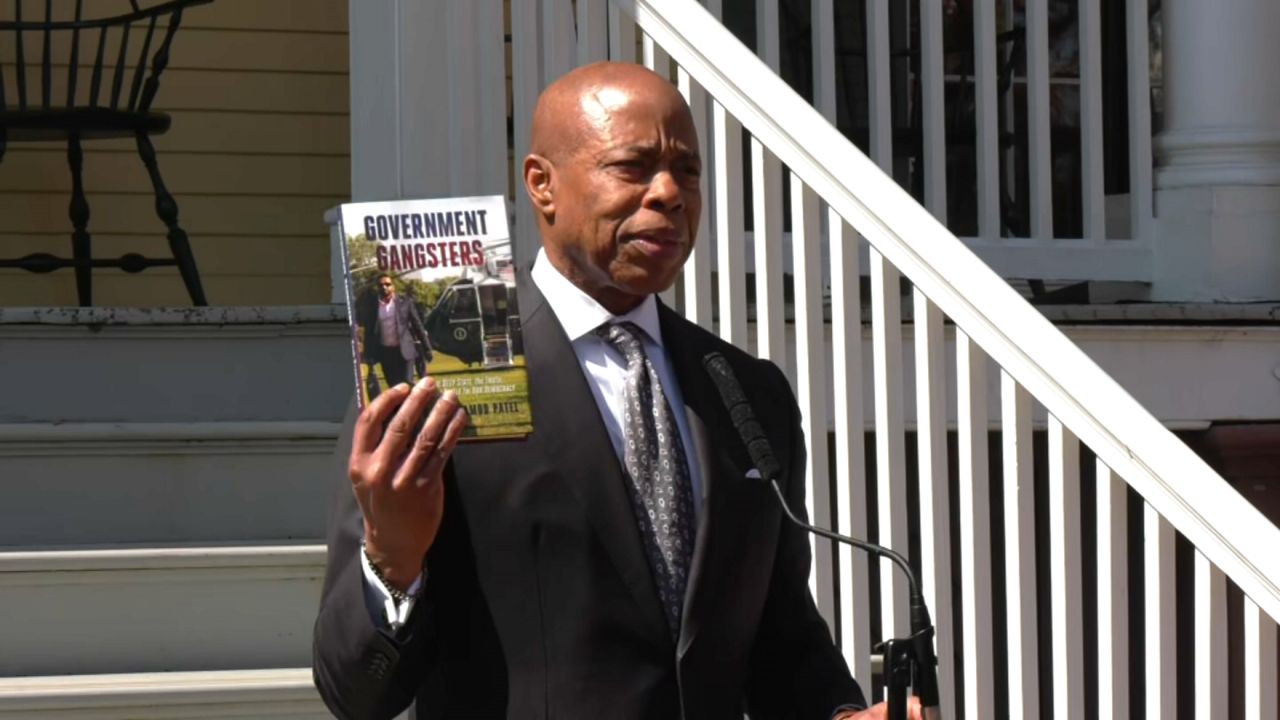
In a bold recommendation, Mayor Eric Adams is urging New Yorkers to delve into "Government Gangsters: The Deep State, the Truth, and the Battle for Our Democracy," by FBI Director Kash Patel. This controversial book paints a dramatic picture of the so-called Deep State as a “cabal of unelected tyrants” undermining democracy and President Trump.
Following the dismissal of his own federal corruption charges—allegations he attributes to partisan retaliation—Adams finds resonance in Patel’s assertions about political investigations and government overreach. The book makes sweeping claims, including that President Biden is “bought and paid for by the Chinese,” and downplays the January 6 Capitol riot.
Despite critiques of its hyperbolic nature, Adams believes the book highlights pressing issues deserving of attention. As he advised readers, if you're a “God-fearing American,” these revelations might just shake your perspectives on power and accountability in Washington.

On this poignant day, we reflect on the legacy of a remarkable leader who left an indelible mark on history. Fifty-seven years ago, the funeral for Dr.
Martin Luther King Jr. brought together countless souls united in grief and gratitude.
This somber occasion not only honored a titan of the Civil Rights Movement, but it also ignited a fervent commitment to continue his fight for justice, equality, and peace. The King Center invites us to remember the enduring impact of Dr.
King's vision, urging every individual to carry his dream forward. As we commemorate this day, let us rekindle our dedication to the principles of love, nonviolence, and hope he championed.
Join the conversation and reflect on how we can collectively amplify his message, ensuring that his dream lives on in our actions today and in the future.

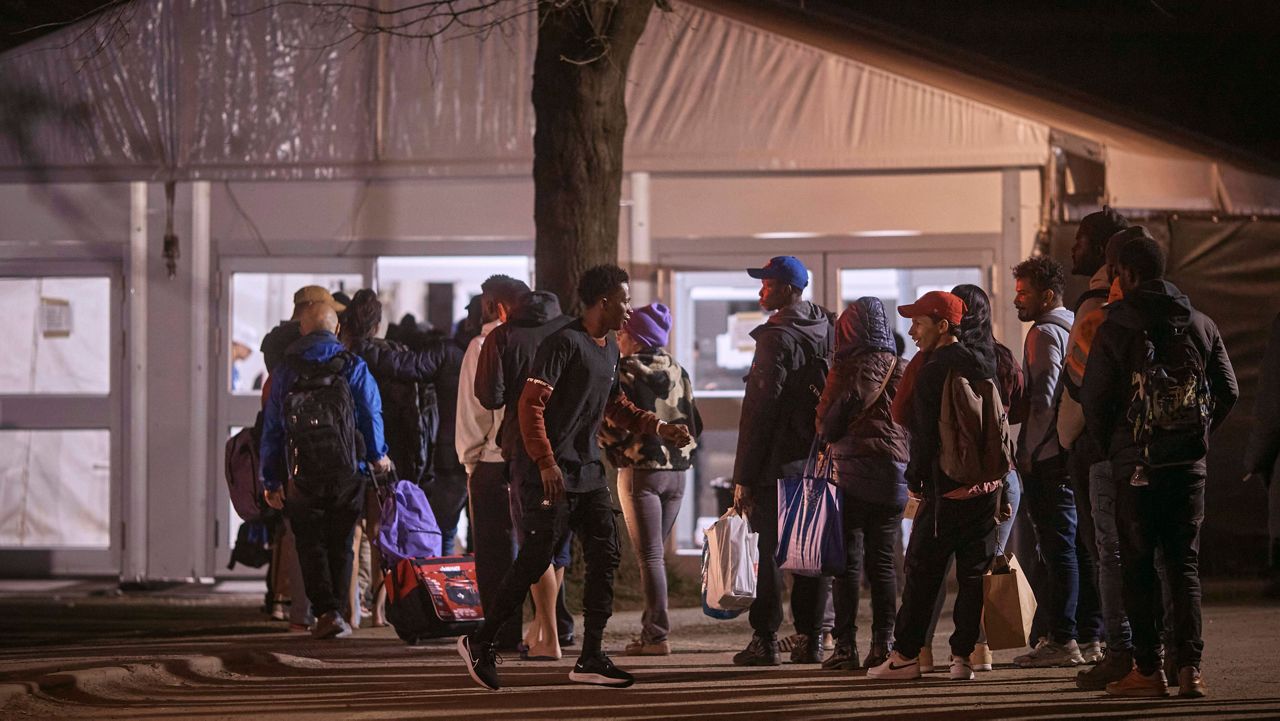
The Trump administration has abruptly canceled $188 million in federal grants earmarked for New York City to support migrant shelters, claiming the funds have been misused to bolster illegal immigration. This decision, announced in a recent letter from FEMA, includes an immediate withdrawal of $80 million from the city’s accounts and demands the return of an additional $106 million.
Mayor Eric Adams is battling back, asserting that the cancellations are unlawful and pledging to ensure the funds remain in the city. The grants, originally intended to help local governments provide essential support and services to migrants, have become a contentious issue amid rising tensions surrounding immigration policies.
Adams is under pressure to navigate these political waters as he aims for reelection, promising to "fight for every penny" to support New York City's migrant resources. Meanwhile, the city plans to close over fifty migrant shelters by June due to a significant drop in new arrivals.
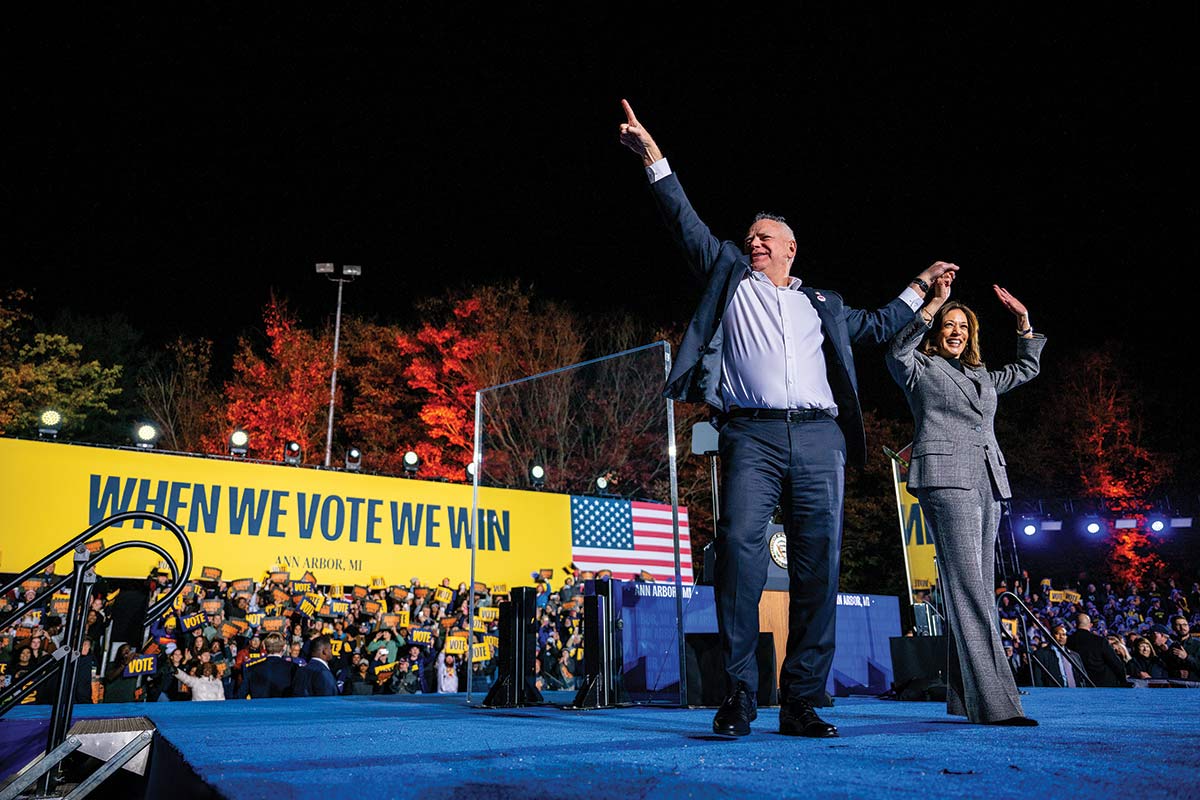
In "The Democrats’ Lost Millions," Kali Holloway illuminates the critical factors behind Kamala Harris's defeat in the 2024 election, emphasizing that the real game-changers were the millions of voters who stayed home, especially among low-income Black and Hispanic communities. Rejecting superficial analyses blaming "wokeness," the article argues that Democrats have misjudged their base and failed to engage essential voters of color.
Instead of mobilizing their core supporters, Harris’s campaign squandered resources chasing elusive white moderates and spent heavily on ineffective ad campaigns. Grassroots outreach and authentic engagement with marginalized communities were sorely lacking, contributing to an alarming turnout drop.
Holloway posits that continuous, meaningful engagement with diverse identities is vital for revitalizing Democratic strategies. To regain lost ground, the party must embrace these communities, not just during elections but throughout the political continuum, fostering solidarity and ensuring that every identity is recognized and represented.
In this compelling episode of the Angela Rye SoloPod, host Angela Rye tackles the alarming recent executive order from the Trump administration to erase significant elements of Black history, specifically targeting the Smithsonian and its portrayal of the African-American experience. Rye passionately argues that such actions aim to shield white audiences from uncomfortable truths about America’s past, particularly the brutal legacy of slavery and systemic racism.
Drawing connections to the broader implications, she warns that this "mass erasure" is not just an affront to history but a calculated move to undermine movements for reparations. As she calls for unity and collective action to preserve the narratives of marginalized communities, Rye invites listeners to engage in the fight against historical revisionism.
With a mix of urgency and hope, she inspires a collaborative movement to reclaim history and ensure a fair representation of America’s complex past.
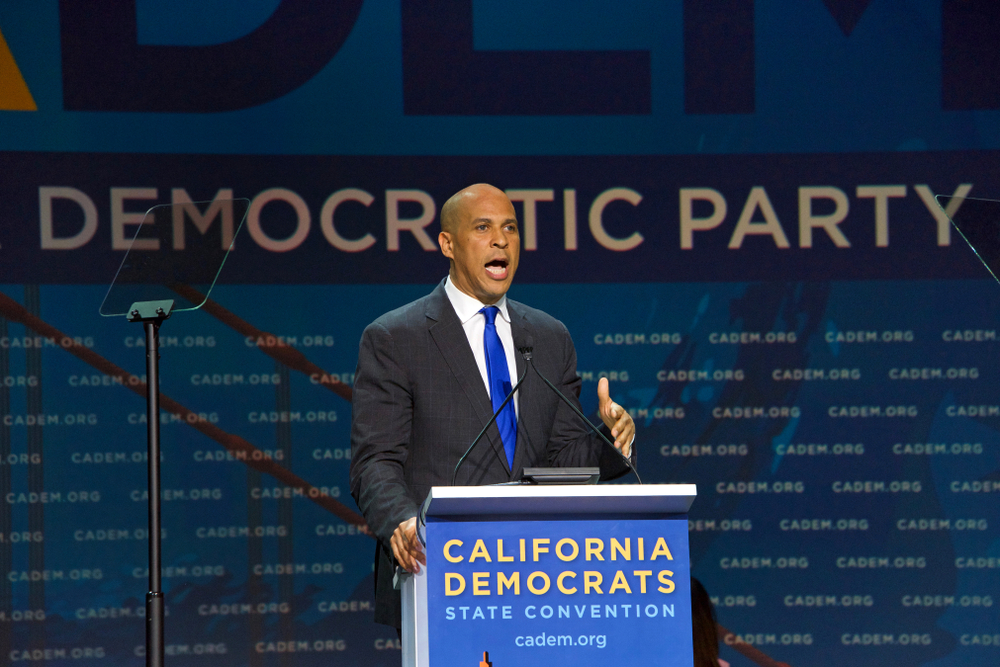
Senator Cory Booker has sparked excitement within the Democratic Party with his groundbreaking 25-hour Senate speech, a protest against the Trump administration that he coined "Good Trouble." This marathon address not only broke a historic record but also resonated with a party grappling with low approval ratings and a demand for stronger resistance.
By drawing attention to Democratic priorities and the power of ordinary citizens, Booker’s act has revived the spirit of activism and confrontation among Democrats. His protest aligns with an increasing grassroots mobilization, evidenced by recent anti-Trump demonstrations and growing local engagement.
However, it has also brought scrutiny to his political ties, highlighting ongoing tensions within the party. As Democrats face an election cycle marked by skepticism towards established institutions, the challenge now lies in transforming this surge of energy into coherent action.
Booker's landmark moment could potentially redefine the expectations of Democratic leadership and constituent engagement moving forward.